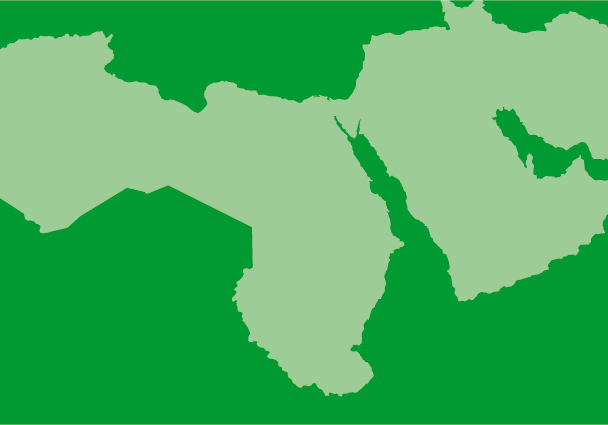The ICJ today called on the Lebanese authorities to introduce comprehensive legal and policy reforms to ensure that the judiciary is fully independent, impartial and accountable.
Measures must be taken to ensure that the judiciary is not subject to any form of undue influence by political actors and confessional communities, and that it is able to fulfill its responsibility to uphold the rule of law and human rights, added the Geneva-based organization.
The statement came as the ICJ published three legal briefings analyzing aspects of the legal framework regulating the ordinary justice system, in particular Decree-Law No. 150/83 on the organization of the judiciary. The briefings formulate recommendations for amending the provisions relating to the High Judicial Council, the management of the career of judges, and judicial accountability.
“Decree-Law No. 150/83 does not guarantee judicial independence at the institutional and financial levels, nor does it adequately safeguard the independence of individual judges,” said Said Benarbia, ICJ Director of the Middle East and North Africa Programme.
“If anything, it allows for improper political influence over virtually every aspect of judges’ careers, including their selection and appointment, their transfer through arbitrary procedures, and their discipline, suspension and removal through unfair and opaque proceedings”, he added.
The assessment by the ICJ concludes that instead of acting as a check against improper political influence in judicial matters, the High Judicial Council itself is vulnerable to such influence. This is evident in the fact that the Minister of Justice is empowered to appoint eight of the Council’s ten members and sets the budget of the High Judicial Council and of the judiciary as a whole.
In its briefings, the ICJ called for:
- the majority of members of the High Judicial Council to be judges who are elected by their peers;
- the establishment of detailed and objective criteria for all elected and appointed candidates, including for the appointment of the President and the Public Prosecutor of the Court of Cassation; and
- the High Judicial Council to be given full control over its financial resources.
The ICJ also called for legal reforms to be introduced to reinforce the independence of individual judges. These are necessary to ensure that their selection, appointment, transfers and evaluations are based on transparent procedures and objective criteria, and that any disciplinary action against them is only pursuant to well-defined standards and respectful of all due process guarantees.
Under the current framework, the system for evaluating and promoting judges is opaque and open to cronyism and, in particular, to the undue influence of the executive and political actors. In addition, the Minister of Justice holds an outsize role in the process of selecting and appointing judges, and in initiating disciplinary proceedings against them, referring matters to the disciplinary council, and suspending judges pending a disciplinary decision.
“Ensuring that, once reformed and independent, the High Judicial Council is exclusively competent to manage all aspects of the careers of judges is a sine qua non condition not only to establish and uphold judicial independence, but also to restore the public faith and confidence in the integrity of the Lebanese justice system,” concluded Benarbia.
Contact
Said Benarbia, Director of the ICJ Middle East and North Africa Programme, t: +41 22 979 38 17: said.benarbia(a)icj.org.
Lebanon-judicial independence-News-Press release-2017-ARA (full story in Arabic, PDF)
Lebanon-Memo re HJC-Advocacy-Analysis Brief-2017-ENG (legal briefing on High Judicial Council, English, in PDF)
Lebanon-Memo re judges-Advocacy-Analysis Brief-2017-ENG (legal briefing on careers of judges, English, in PDF)
Lebanon-Memo re accountability-Advocacy-Analysis Brief-2017-ENG (legal briefing on judicial accountability, English, in PDF)
Lebanon-Memo re HJC-Advocacy-Analysis Brief-2017-ARA (legal briefing on High Judicial Council, Arabic, in PDF)
Lebanon-Memo re judges-Advocacy-Analysis Brief-2017-ARA (legal briefing on careers of judges, Arabic, in PDF)
Lebanon-Memo re accountability-Advocacy-Analysis Brief-2017-ARA (legal briefing on judicial accountability, Arabic, in PDF)

